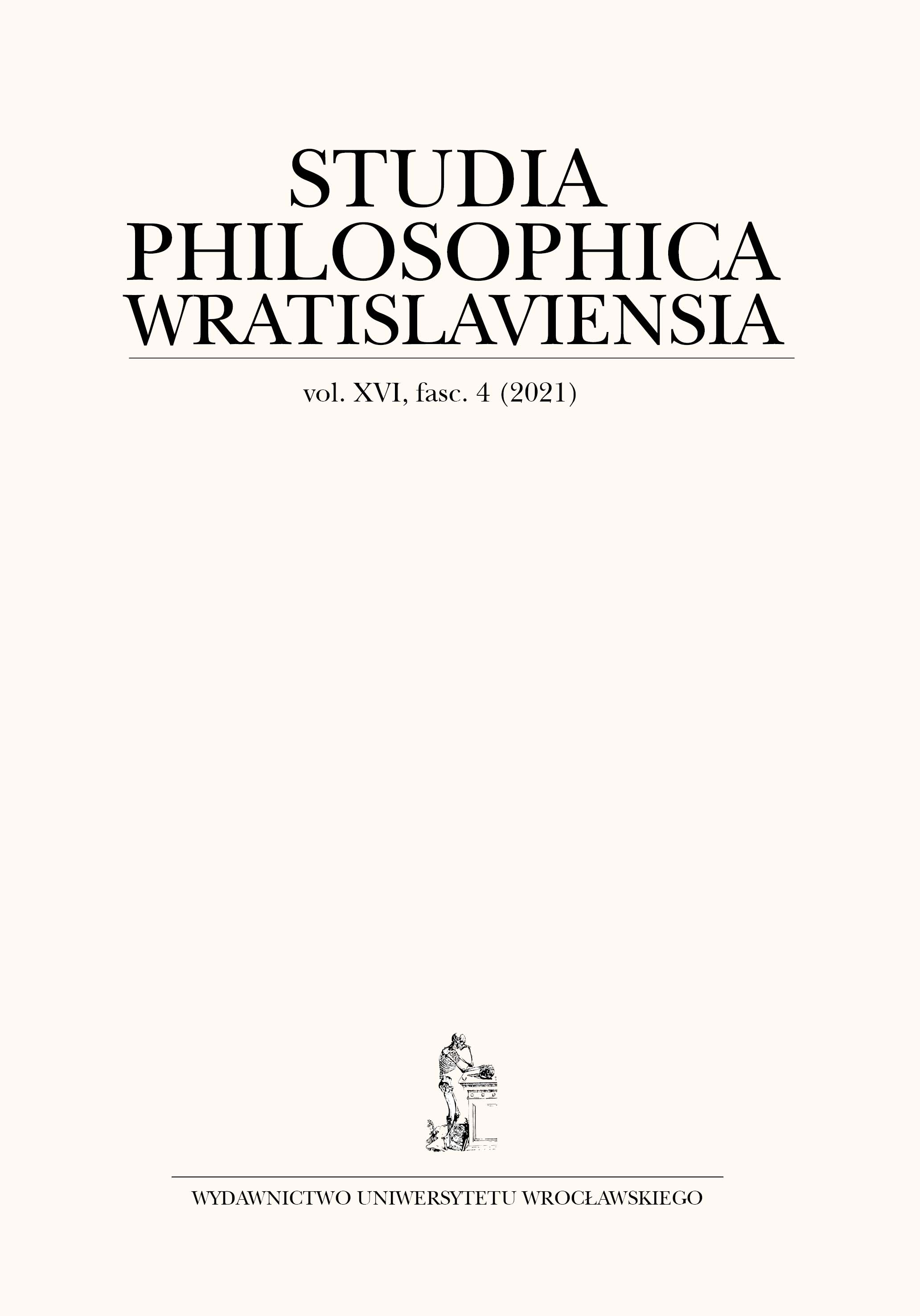

ARTYKUŁY

The absence of references to Leibniz in almost all of Henryk Elzenberg’s writings is surprising, since his first strictly philosophical book was a treatise on Leibniz’s metaphysics. Referring to Elzenberg’s remarks on the sources of his own thinking and its dependence on others, I will aim at finding Leibnizian traces in Elzenberg’s philosophy. By signalling various clues related to Elzenberg’s and Leibniz’s way of philosophizing and community of beliefs, I will try to show that, although at first not obvious, the deepest trace of Leibniz and the work on his metaphysics can be found within Elzenberg’s axiology. I will try to show that Elzenberg’s understanding of perfect value (resp. hypervalue) has its structural roots in Leibniz’s understanding of the monad (resp. requisite).